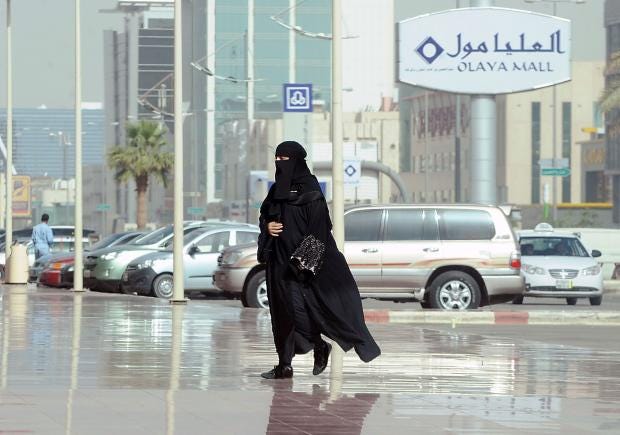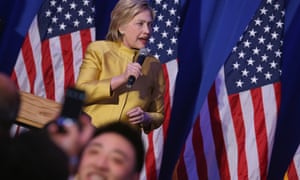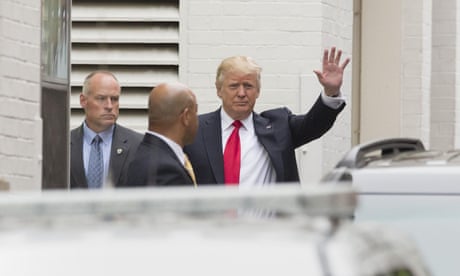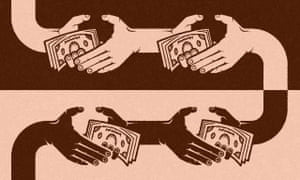
Modi's Arab steed? Or Congress' Trojan horse? Subramanian Swamy's entry into the Rajya Sabha has Lutyens' Delhi aflutter with theories.
For someone who has straddled the Indian political scene for over four decades, Dr Subramanian Swamy has always been an important figure in Lutyens' Delhi. A mover and a shaker, he has dominated events and determined their outcome through dogged courtroom battles. Yet his nomination to the Rajya Sabha last month by the Modi Government is seen as something that will alter power equations, not just across the Parliament but within the BJP itself. Swamy's entry into a Congress-dominated Rajya Sabha is being seen as a natural step forward after his resounding success in the National Herald litigation in December 2015, when he managed to force both Sonia and Rahul Gandhi to secure bail in his case against the Congress-controlled newspaper in a Delhi court.
------Interview with Karan Thapar
-------
BJP managers point out that Swamy had to be in the RS just to rile the Gandhis and disturb Congress benches to push government business. In fact opposition leader, Ghulam Nabi Azad, described him as a "new gift of the BJP to us". However, with his new-found status, the one-time Harvard professor is the most sought-after VVIP in political circles. As ex-Delhi BJP MLA, Vijay Jolly of the Delhi Study Group, who is organising a public felicitation for Swamy on May16 at the Constitution Club, offers, "Envoys from 25 countries — such as China, US, Taiwan, Vietnam — have all confirmed participation just to hear Swamy speak. Swamy's appointment diary is apparently full for next two months."
The BJP leader's entry into the Parliament is making waves, not just outside Raisina Hills but even among MPs. "Now everyone is taking a keen interest in the Rajya Sabha proceedings, more so than the Lok Sabha," said a first-term BJP MP from Rajasthan. Online viewership of RSTV reportedly went up by 900 per cent when Swamy spoke on the Agusta (aka Choppergate) scam. Even within the Parliament, there was tremendous curiosity to hear him firsthand, with members rushing back to the House from the Central Hall.
Yet within the BJP, Swamy is held in awe and the party is exploring ways to cope with him. For someone who has wielded tremendous power before — he has been a Union Minister and run a Government (Chandrashekhar, 1990-91), been part of one (Narasimha Rao, 1991-96) and remorselessly destroyed another just after a year in office (Vajpayee Government, 1998-1999), the party is walking on eggshells when it comes to Swamy.
For some BJP/Sangh leaders, Swamy has been made an MP by the Modi Government only to break the myth that this Government has done nothing about the Gandhis. "It wants to fight the image. There was a need to send a message to the cadres," said a Sangh leader. Officially, the Sangh denied it had any role to play in the RS berth for Swamy. "It is better you ask the Government," said RSS spokesman Manmohan Vaidya.
Off the record, however, Sangh sources acknowledged that Swamy had been close to late VHP leader Ashok Singhal. "He has vigourously pursued Hindu causes such as Ram Setu, Ayodhya, and the Sangh top brass will always be proud of him," said Rajiv Tuli of Delhi RSS.
Significantly, Union Transport Minister Nitin Gadkari — someone close to RSS chief Mohan Bhagwat — hosted a dinner in honour of Swamy soon after he became MP. It is quite possible that Swamy could be used by the Government to build legal support for the Ram temple at Ayodhya at a later juncture.
Bringing Swamy into the House has brought a lot of pep and vigour into the rank and file of the BJP. It has also boosted the image of the PM. It was felt that Modi was not keen to take on the Gandhis directly, but now, he is being seen as a man of action.
A signal to Jaitley
To a section within the BJP, Swamy's RS entry has come as a surprise. Many believe that the new MP could be a signal from the RSS/party leadership to undermine the Leader of the House, Arun Jaitley. BJP sources admit Swamy's problem with Jaitley runs deep. Old-timers recall that he had targeted the FM during NDA-I too — between 1998 and 2004. Swamy's latest ruse against the Finance Minister is denying him a New Delhi Lok Sabha seat in 2014 — that too after consulting Modi about it. Jaitley ensured that the seat went to his friend Meenakshi Lekhi instead. BJP sources say the PM won't compromise with Jaitley's authority. "There is no possibility of letting down Jaitley, though it will require management skills to maintain an equivalence between Jaitley and Swamy," said a BJP leader.
RSS sources admit that in the past two years Swamy was in a limbo. "It is better to have Swamy on your side than against you," said a RSS sympathiser. On the face of it, Congress leaders dismiss the idea that by bringing in Swamy, the PM has played a master stroke — he got a Gandhi family-baiter into the House — to put a lot of pressure on the opposition. It was Swamy's petition in the National Herald case that has made the Congress chief Sonia Gandhi and Rahul appear in a trial court in December 2015 to secure bail.
"Frankly, we are not worried about Swamy. It does not matter to us. In fact, his presence in the treasury benches should worry the BJP more. His becoming MP has more to do with Leader of the House, Arun Jaitley, than the Congress — it is purely an internal matter of the BJP," said senior Congress MP Satyavrat Chaturvedi.
The Digvijay of BJP
He went on to describe Swamy as the "Digvijay Singh of the BJP — a master at self-goals". Why should we worry about him — whose utterances were expunged for three consecutive days?" He goes on to add, "Swamy was expelled from the Rajya Sabha for misconduct. So why should the Congress be scared of Swamy? It is odd that a Congress leader should cite his record during the Emergency. He was expelled from the RS in 1976 during the Emergency for fleeing the country on an impounded passport. A Jan Sangh member then, he's remembered for making an appearance in the Parliament for a day in August 1975 and subsequently slipping out of the country to launch a campaign against Emergency abroad."
Congress sources admit Swamy's entry can't be taken lightly. "With Swamy on the other side, we will need both Kapil Sibal and P Chidambaram to face up to him," said a Congress MP, pointing out how Swamy defeated Abhishek Singhvi's arguments in the Agusta debate. In the upcoming months, if political parties are to pick legal luminaries to fight their political battle, Rajya Sabha could soon resemble proceedings in the Supreme Court.










